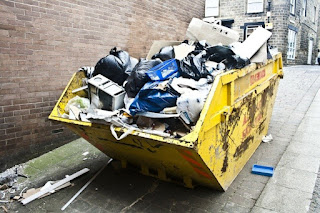The years 2020-2021
tackled a paradigm shift in the way business is conducted across the globe.
With global power leaders under lockdown the world saw 15% reduction in
nitrogen oxide (NOx) globally. 
Photo Reference: From Pixabay copyright free images
Metal scraps are broadly classified in two categories: ferrous and non-ferrous. As the name suggests, ferrous metals are combinations of iron and carbon. Non-ferrous metals include aluminium, copper, lead, zinc, and tin. Steel is one of the most recycled metals in the world – around 85% of the steel is recycled, aiding in circular economy efforts. (https://www.tatasteeleurope.com/sustainability/circular-economy#:~:text=A%20few%20facts%20about%20the,first%20useful%20life%2C%20is%20recycled) Steel trader in UAE can attest to this fact as the country uses huge amounts of steel. (https://www.cohenusa.com/blog/everything-you-need-to-know-about-scrap-metal-recycling/)
Even though metals can be
recycled over and over again, and they provide financial benefits along with
environmental imperative, the current metal recycling rate stands at 34%. (https://www.thebalancesmb.com/an-introduction-to-metal-recycling-4057469).
This figure is not acceptable. The challenge lies with respect how to recapture
more scrap metal for recycling. Recycling companies in UAE must not only stress on spreading awareness
about the positives of metal recycling, but it is also important to apply
impetus on advancements and recycling technologies being made and inculcating
them in all scales of recycling.
Disclaimer: This article(s) has been prepared solely for information
purpose, using publicly-accessible sources that are believed to be accurate and
reliable at the time of publishing. LUCKY GROUP accepts no liability whatsoever
for any loss or damage resulting from the use of information, images or
opinions expressed in the report. LUCKY GROUP does not give warranty of any
kind regarding the completeness, accuracy and reliability of the information
included in the article(s).
